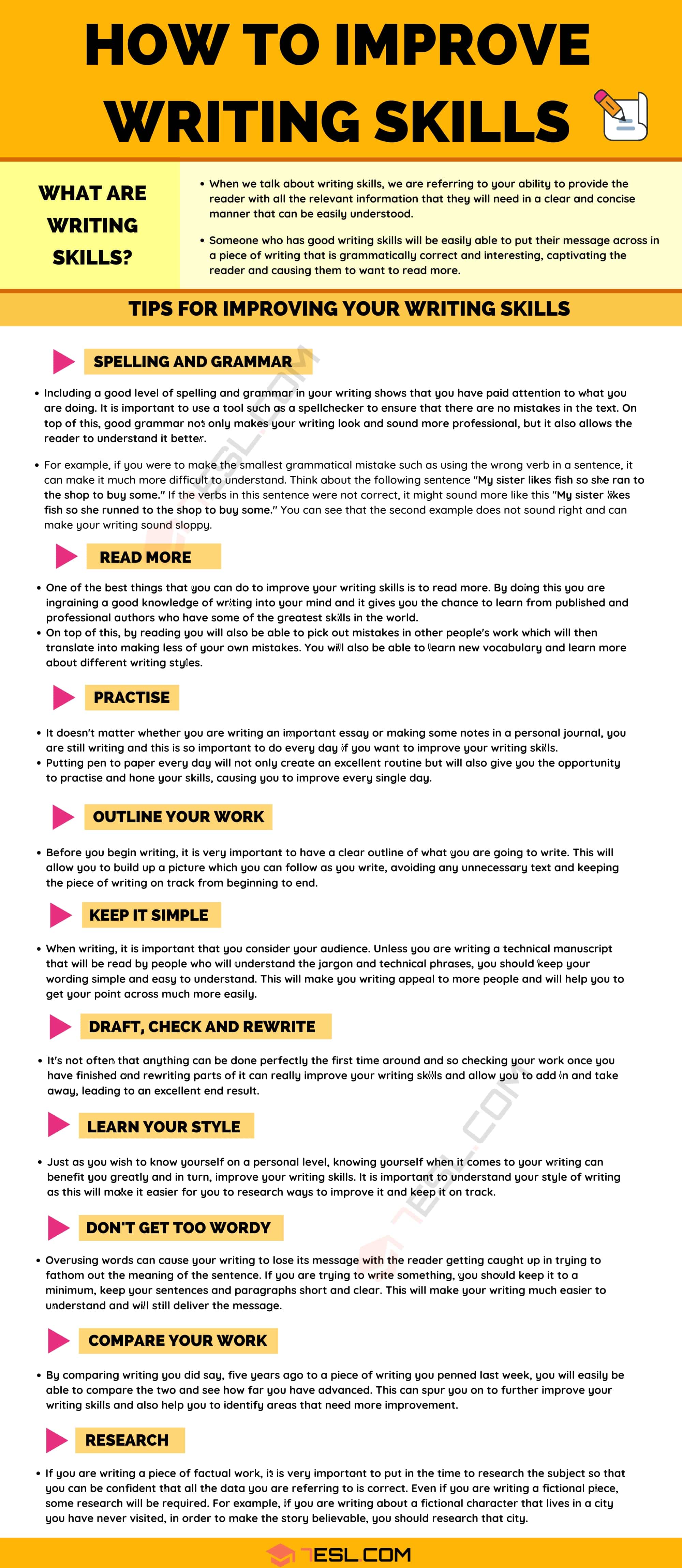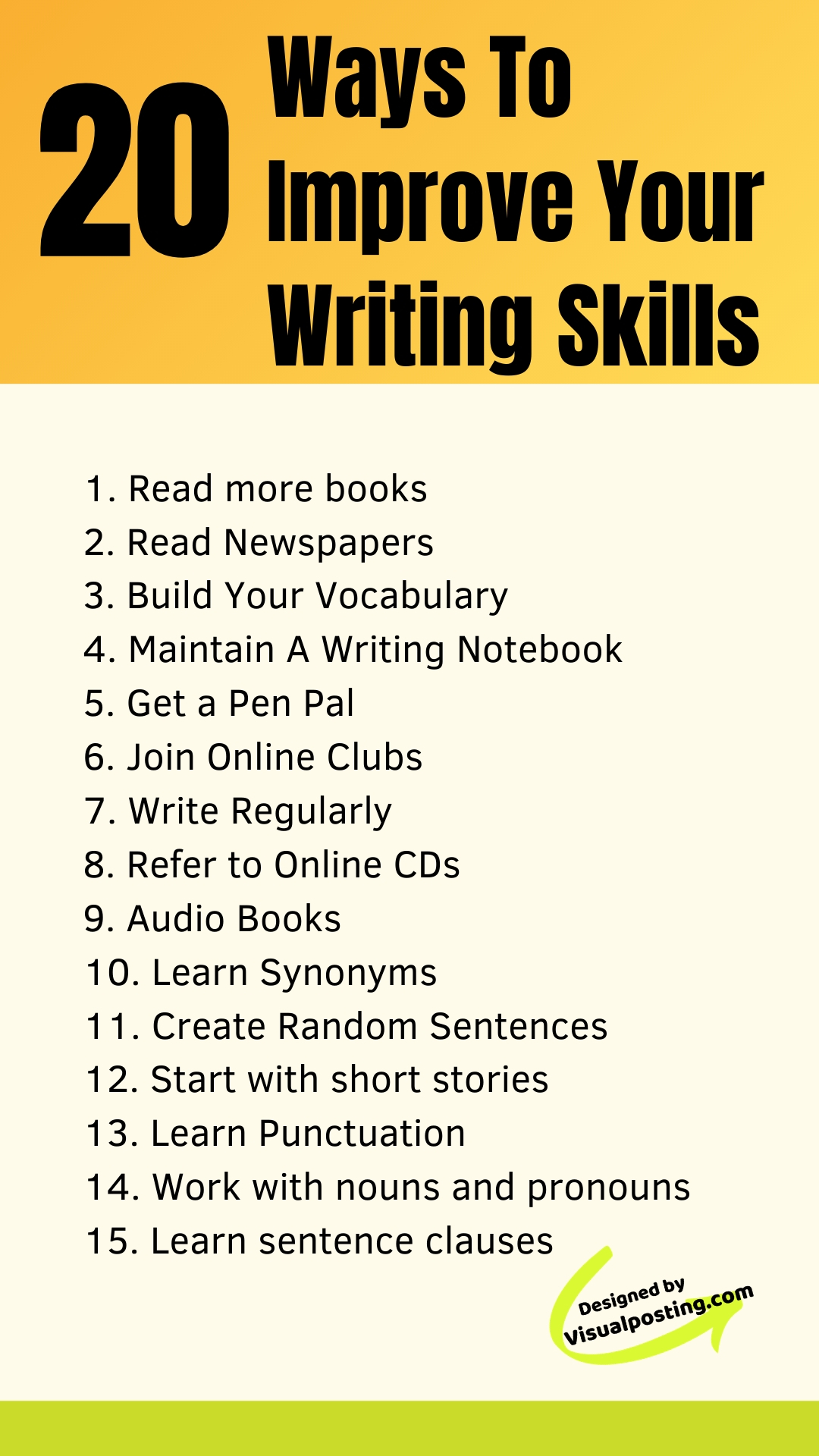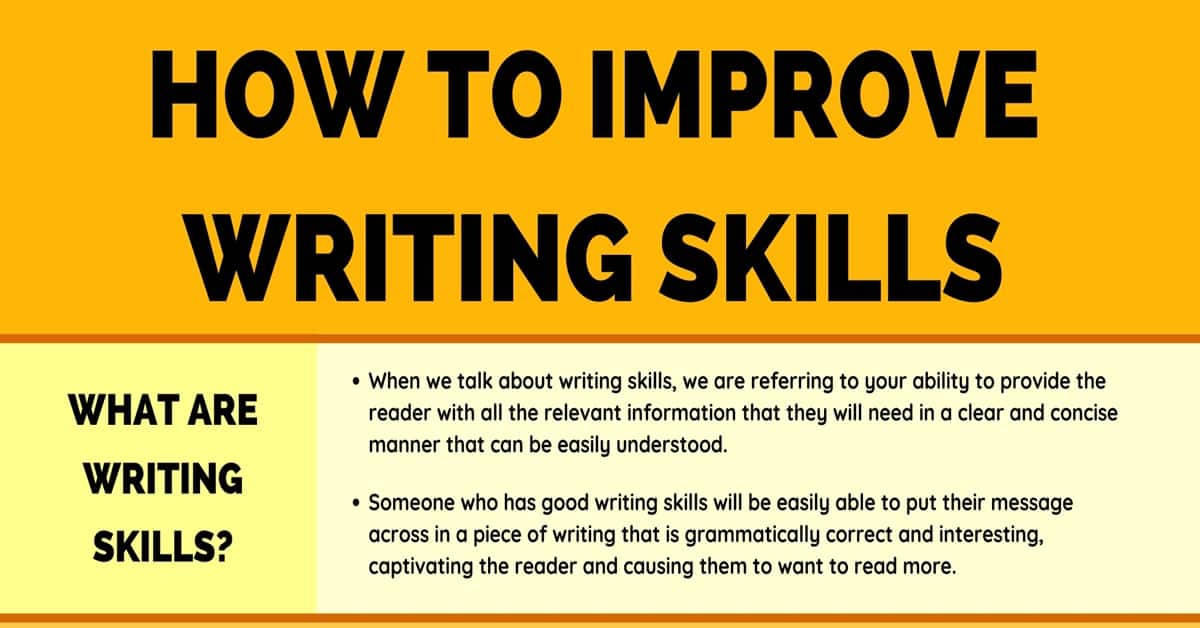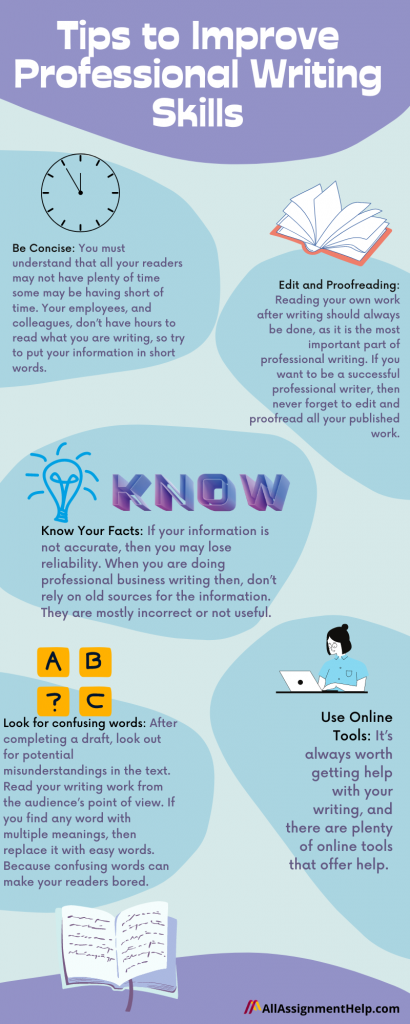How To Improve Your Professional Writing Skills

Imagine a bustling office, the air thick with the hum of keyboards and the murmur of collaboration. Emails fly back and forth, reports are drafted, and presentations are polished. In this symphony of professional communication, the power of well-crafted words often goes unnoticed, yet it’s the invisible force driving success. But how do you cut through the noise and ensure your writing resonates with clarity and impact?
The key lies in honing your professional writing skills. This isn't just about grammar and spelling; it's about strategic communication that achieves specific goals. It’s about crafting messages that are clear, concise, and compelling, leaving a lasting impression on your audience, be it colleagues, clients, or stakeholders.
The Foundation: Mastering the Basics
At the heart of effective professional writing lies a solid foundation in grammar and style. Resources like the Purdue OWL (Online Writing Lab) offer comprehensive guides and exercises to brush up on your understanding of sentence structure, punctuation, and word usage. A strong grasp of these fundamentals ensures your writing is error-free and easy to understand.
Pay close attention to common grammatical pitfalls. Misplaced modifiers and subject-verb agreement errors can undermine your credibility. Investing time in mastering these basics will pay dividends in the long run.
Clarity and Conciseness: The Cornerstones of Professional Writing
In the professional world, time is a precious commodity. Readers appreciate writing that gets straight to the point without unnecessary fluff. Eliminate jargon and replace complex words with simpler alternatives where possible.
Practice the art of brevity. Condense lengthy sentences and paragraphs into more digestible chunks. Consider using bullet points and numbered lists to break up large blocks of text and highlight key information.
Tailoring Your Writing to Your Audience
Understanding your audience is crucial for effective communication. Consider their background, knowledge level, and expectations when crafting your message. Adapting your tone and language to suit your audience will increase the likelihood of your message being well-received.
For example, writing a report for senior management requires a different approach than drafting an email to a colleague. Knowing who you're writing for allows you to tailor your message for maximum impact.
The Power of Active Voice
Active voice makes your writing more direct and engaging. Instead of writing "The report was submitted by John," opt for "John submitted the report." Active voice clarifies who is performing the action, making your writing more concise and impactful.
Passive voice can often sound vague and indirect, potentially weakening your message. While it has its place, strive to use active voice whenever possible to improve clarity and readability.
Seek Feedback and Embrace Revision
No one is a perfect writer, and even the most experienced professionals benefit from feedback. Ask a colleague or mentor to review your writing and provide constructive criticism. Be open to suggestions and willing to revise your work based on their input.
Revision is an integral part of the writing process. Don't be afraid to rewrite entire sections or restructure your document to improve clarity and flow. Treat feedback as an opportunity to learn and grow as a writer.
Read Widely and Learn from the Best
One of the best ways to improve your writing is to read extensively. Expose yourself to a variety of writing styles and genres, paying attention to how different writers craft their sentences, structure their arguments, and engage their readers. Identify writers whose style you admire and try to emulate their techniques in your own work.
Pay attention to the writing styles in your own industry. Analyze successful reports, emails, and presentations to learn what works and what doesn't. You can also explore style guides specific to your field for guidance on tone, terminology, and formatting.
Tools and Resources for Enhanced Writing
Leverage technology to enhance your writing. Grammar and spell-checking tools like Grammarly can help you identify and correct errors. Online dictionaries and thesauruses can assist you in finding the right words to express your ideas precisely.
Consider using tools designed to improve readability, such as the Flesch Reading Ease test. These tools analyze your text and provide feedback on its clarity and complexity, helping you ensure your writing is accessible to your target audience.
A Continuous Journey of Improvement
Improving your professional writing skills is an ongoing process. Embrace the challenge and commit to continuous learning and practice. The more you write, the better you'll become. Embrace feedback, read widely, and utilize available resources to hone your skills and elevate your professional communication.
Ultimately, mastering professional writing is an investment in your career. It enhances your credibility, strengthens your relationships, and empowers you to communicate effectively in any professional setting. With dedication and effort, you can unlock the power of words and achieve your professional goals.


















